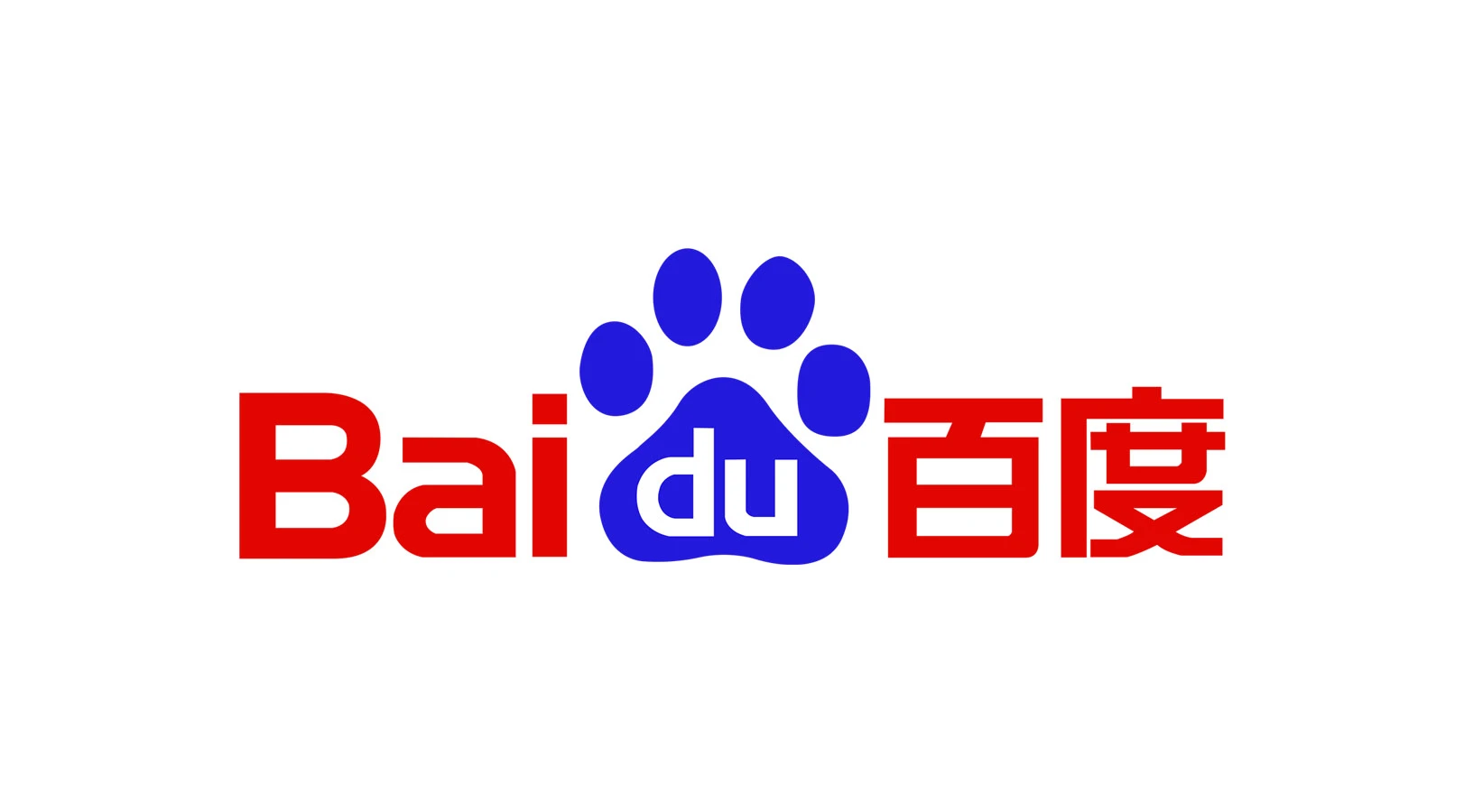In a bold move to reestablish itself in the AI hardware space, Intel has officially announced the development of its own AI chips, stepping directly into competition with Nvidia — the current industry leader. After years of unsuccessful acquisitions and strategic partnerships, this pivot signals a new era for Intel: one focused on homegrown innovation and AI market dominance.
The announcement comes amid surging global demand for high-performance AI processing, especially in sectors like generative AI, autonomous systems, and data analytics.
From Failed Deals to In-House Strategy
Intel’s decision follows a series of failed AI ventures, including missed acquisitions and underwhelming collaborations. Rather than continue outsourcing or relying on external partners, Intel is now taking a bottom-up approach — building its AI processors in-house from silicon to software.
This move is being viewed as Intel’s most aggressive step yet to reclaim relevance in the rapidly evolving AI chip landscape.
What We Know About Intel’s AI Chips (So Far)
While detailed specs haven’t been released yet, Intel has hinted at key features for its new AI chips:
Built for generative AI workloads
Optimized for training and inference at scale
Designed with data center and enterprise applications in mind
Enhanced energy efficiency and thermal performance
Native integration with Intel’s software stack
The chips are expected to launch later in 2025, and insiders suggest Intel may target AI cloud infrastructure providers and enterprise AI developers as early adopters.
Can Intel Really Compete with Nvidia?
Nvidia currently dominates the AI chip market, powering everything from ChatGPT to Tesla’s autopilot system. But Intel’s entrance could shake things up. Here’s why:
Diversification is critical: The world is looking for alternatives to Nvidia’s GPUs due to supply issues and rising prices.
Data sovereignty and security: Governments and enterprises may prefer using AI chips developed in-house by US companies.
Intel’s manufacturing capability: With fabs already in place, Intel could scale production faster than most AI startups.
If successful, Intel could position itself as the primary competitor to Nvidia, especially in the enterprise and government sectors.
A Strategic Play in a Critical Moment
Intel’s renewed push comes at a time when AI chip demand is skyrocketing — from data centers and research labs to mobile devices and smart cars. The company’s CEO has emphasized that AI is “the most transformative technology of our generation,” and that Intel intends to lead that transformation.
As AI adoption accelerates, the success or failure of Intel’s homegrown chips will be a key storyline to watch in 2025.
Key Takeaways:
Intel announces its first homegrown AI chips, signaling a strategic shift away from failed partnerships.
The chips are designed for high-efficiency AI training, inference, and enterprise-scale workloads.
Intel’s move aims to directly challenge Nvidia’s dominance in the AI hardware market.
A major play in the global race for AI infrastructure leadership.
- All Posts
- AI Updates
- Apple
- Games
- Latest
- Movies
- Tech Stocks
- Upcoming Devices

Baidu debuts ERNIE 4.5 Turbo and ERNIE X1 Turbo, its most powerful AI models yet, aiming to lead China’s AI...

Microsoft launches the new AI-powered 'Recall' feature for Copilot+ PCs, offering users a searchable memory of their digital activity with...

Meta Description: Intel unveils its own AI chips to challenge Nvidia, shifting strategy from failed partnerships to in-house innovation aimed...

Stephen Fry’s AI-generated voice will feature in a new installation at Hay Festival 2025, exploring the future of AI and...

OnePlus teases the upcoming 13T smartphone, featuring a Snapdragon 8 Elite chip, 6.31-inch OLED display, dual 50MP cameras, and a...

Discover how Adobe’s latest update integrates OpenAI and Google AI models into the Firefly app, revolutionizing image generation and creative...



